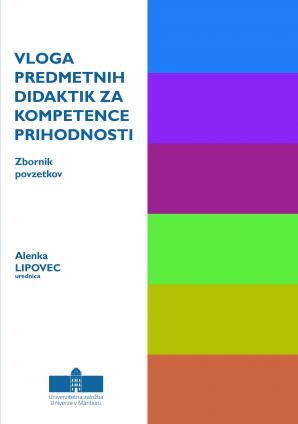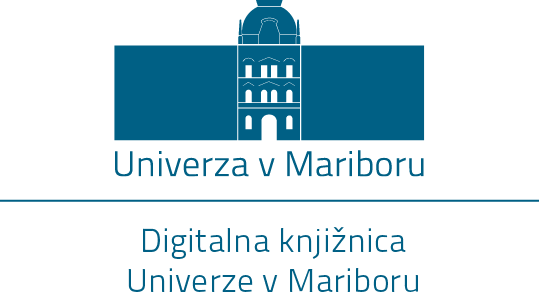Vloga predmetnih didaktik za kompetence prihodnosti: zbornik povzetkov
Ključne besede:
teorija, poučevalna praksa, didaktika, predmet, šolska vertikalaKratka vsebina
Pedagoška fakulteta Univerze v Mariboru se zaveda, da je šolstvo eno ključnih razvojnih področij v vsaki sodobni družbi in da je eden največjih izzivov današnjega časa kako izobraževati za prihodnost. Zato smo organizirali mednarodno znanstveno konferenco Vloga predmetnih didaktik za kompetence prihodnosti. S konferenco smo želeli podati odgovore in raziskati procese, ukrepe, izzive ter rezultate učenja in poučevanja. Zbornik povzetkov predstavlja spoznanja tako strokovnjakov iz prakse kot raziskovalcev z različnih akademskih področij, ki se zanimajo za raziskovanje in prispevek k izobraževalnim temam. Prispevki sledijo dvema temeljnima ciljema konference: predstaviti spoznanja predmetnih didaktik s področja razvoja kompetenc prihodnosti in izmenjati praktične izkušnje, znanja in primere med učitelji in raziskovalci. Zbornik povzetkov pokriva sledeče krovne teme: razvoj kompetenc učenca (sodelovalno učenje, kroskurikularno in medpredmetno učenje in poučevanje, interdisciplinarnost v poučevanju, diferenciacija in individualizacija, princip enakosti, upoštevanje predznanja, učenje z raziskovanjem, vloga mediatorjev pri pouku, avtentične situacije, sodobna učna okolja (IKT), pouk izven učilnice, razvoj različnih pismenosti), trikotnik predmetno področje, didaktika in predmetna didaktika (profesionalni razvoj učitelja, samorefleksija učitelja, sodobni pristopi poučevanja v praksi, pedagoško vsebinsko znanje učiteljev, pravopisna zmožnost učencev in učiteljev, odnos, vzajemnost, razmerje in podobnosti predmetnega področja, didaktike in predmetne didaktike), vizualizacija (vizualna pismenost, spodbujanje specifičnih zaznavnih zmožnosti) in implementacija kognitivnega konflikta v pouk (kognitivno poniževanje učencev, konstruktivizem – kognitivni konflikt, napačne predstave, intuitivni pojmi, kognitivne sheme).
Prenosi






